Mao Xue Wang (毛血旺), literally “Hairy Blood Stew,” is a bold emblem of Chongqing‘s culinary heritage. Born in the 1940s along the bustling docks of Ciqikou, an ancient town in Chongqing, this dish was born from humble beginnings. Legend traces its creation to a butcher’s wife, Mrs. Zhang, who creatively simmered leftover pork offal and fresh duck blood in a peppery broth.
The name “Mao” reflects Chongqing dialect, meaning “rough” or “unrefined,” a nod to its hearty, working-class roots. Initially served to laborers and boatmen, it has since evolved into a celebrated icon of Sichuan cuisine, even earning a place in China’s Yu Cuisine Cooking Standard System in 2012.
Ingredients & Flavor Profile
At its core, Mao Xue Wang is a fiery symphony of textures and spices. Traditional ingredients include:
- Duck blood (or pork blood): Silky and tender, acting as the dish’s namesake.
- Offal: Thinly sliced beef tripe, pork intestines, and chicken gizzards add chewiness.
- Proteins: Slices of ham, squid, and eel enrich the stew.
- Vegetables: Bean sprouts, wood ear mushrooms, and lotus root balance the richness.
The broth, infused with Sichuan peppercorns, dried chilies, and fermented bean paste (doubanjiang), delivers a numbing heat (mala) that defines Chongqing cuisine.
A crimson sea of chili oil blankets the dish, preserving its temperature and amplifying its aroma.
Cultural Significance
Mao Xue Wang embodies Chongqing’s rugged spirit. Originally a street food for dockworkers, it symbolizes resilience and ingenuity—transforming scraps into a masterpiece.
Today, it’s a staple in Sichuanese restaurants worldwide, often dubbed the “king of Sichuan hot pots” for its intense flavors. Modern variations even include luxury additions like sea cucumber and abalone, yet the soul remains rooted in its spicy, communal essence.
Cooking Tips & Health Notes
To recreate this dish:
1.Broth base:
Simmer pork bones with ginger, Sichuan peppercorns, and chili oil.
2.Layering:
Blanch blood curd and offal separately to retain texture, then combine with vegetables in the spicy broth.
3.Finishing touch:
Pour sizzling chili oil over the stew for a fragrant crunch.
While rich in protein and iron, Mao Xue Wang is high in sodium and cholesterol. Moderation is key, as excessive spice may irritate the digestive system.
Why Try Mao Xue Wang?
For adventurous eaters, Mao Xue Wang is a gateway to understanding Sichuan’s culinary audacity.
Its history, layered flavors, and cultural symbolism make it more than a meal—it’s an experience. As the dish spreads globally, it carries Chongqing’s fiery passion to every corner of the world.

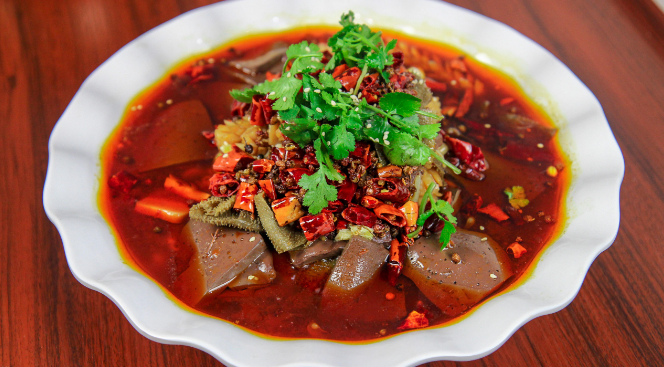
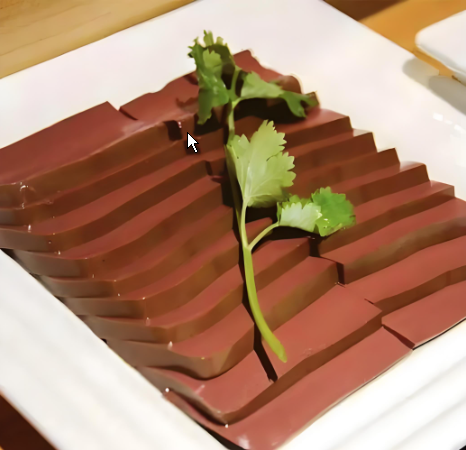
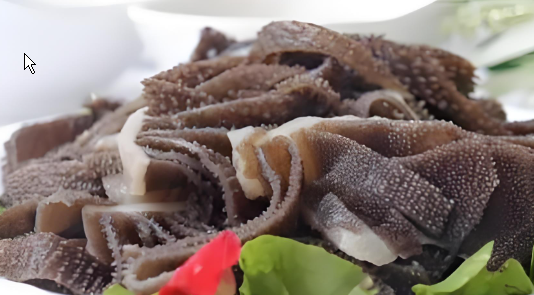
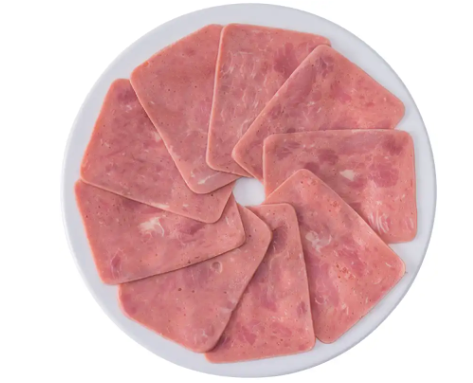
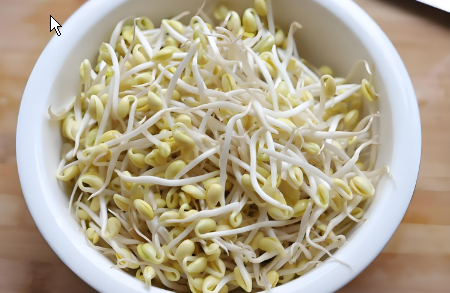
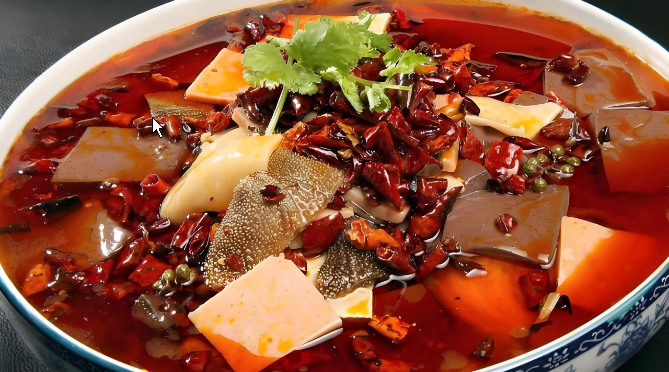
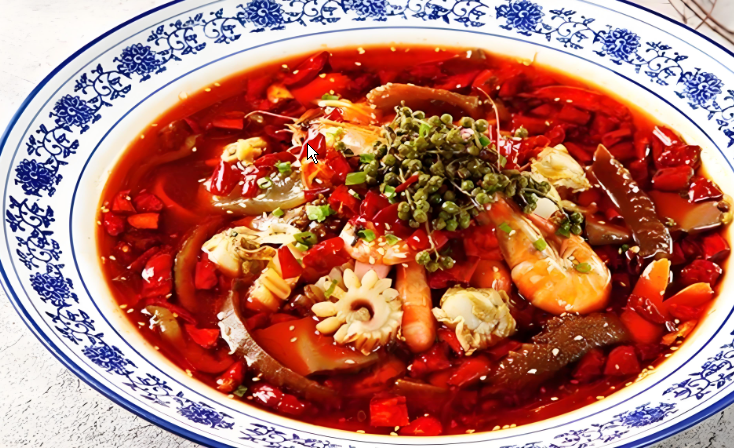
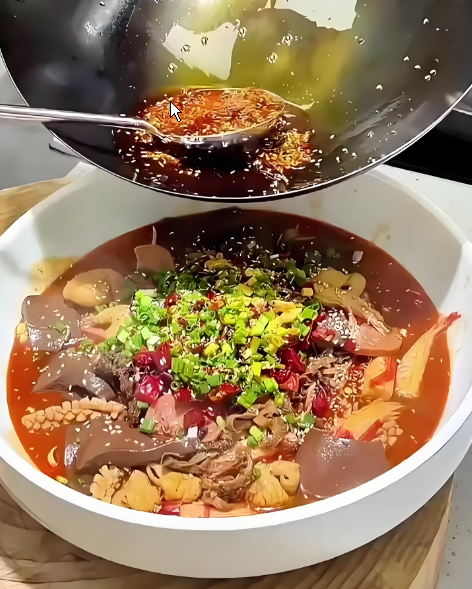
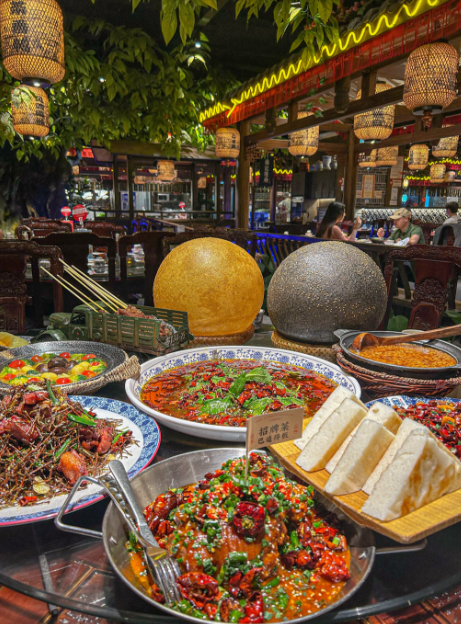













No comments yet